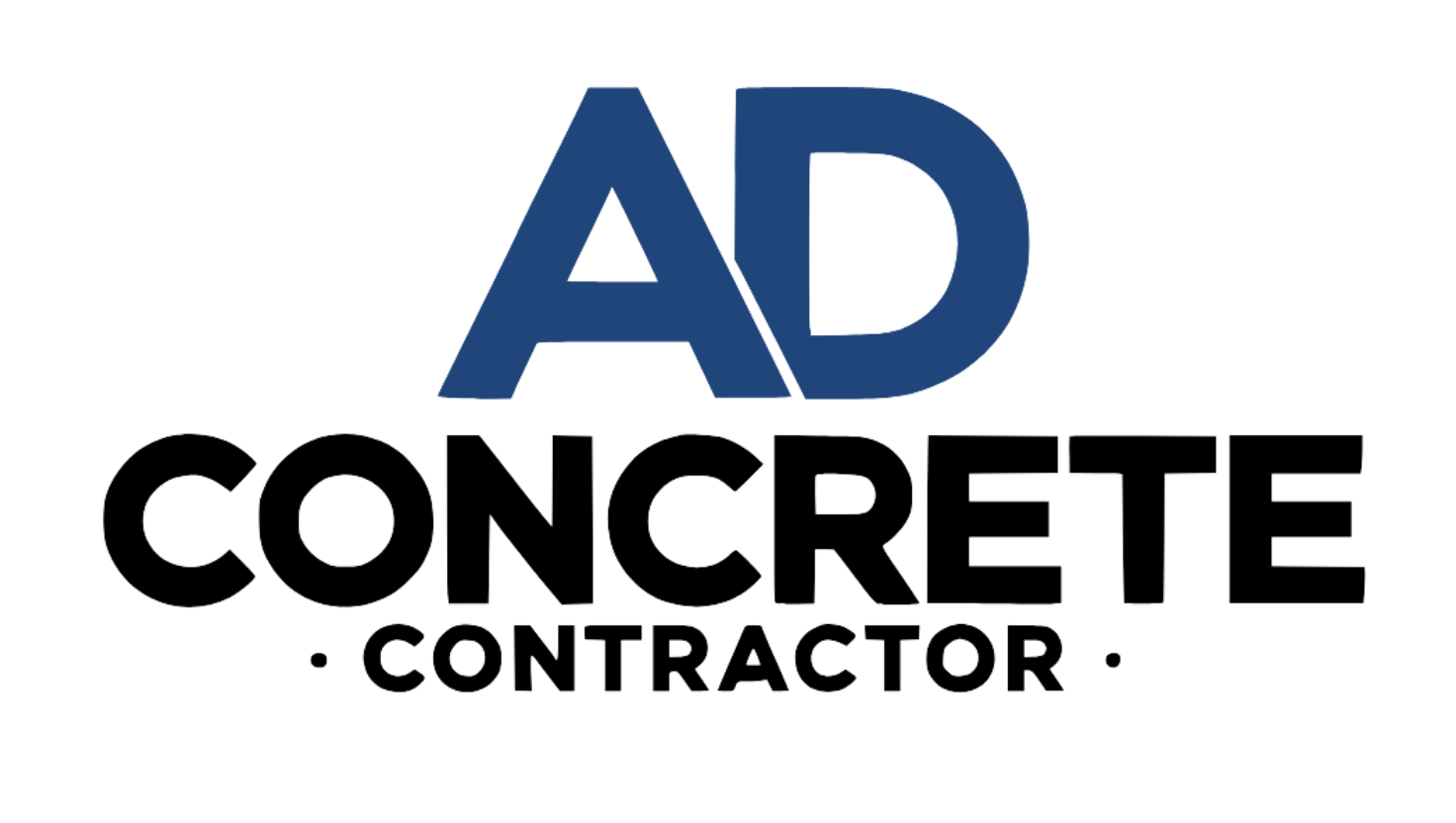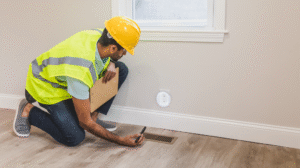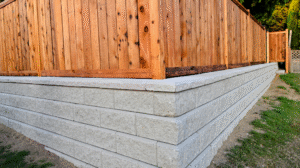Alright, folks, let’s talk concrete. Specifically, laying your own concrete foundation and walls in lovely Lubbock, Texas. I’ve seen some ambitious DIYers out there, and this one’s a doozy. Ever looked at a concrete slab and thought, “I could do that”? Well, maybe you can. Maybe you can’t. This isn’t like whipping up a sourdough starter; this is serious business. We’re talking structural integrity, legal hurdles, and potentially a whole lotta back-breaking work. So, let’s break it down, Diggity-style, and see if tackling this beast of a project is right for you.
Pouring Your Own Concrete in Lubbock: Navigating Regulations and Challenges
First things first, we gotta talk legalities. Because nobody wants a visit from the city inspector that ends with a hefty fine and a demolished dream project.
Section 1: Legal Considerations in Lubbock – Don’t Get Hammered by the Law!
Lubbock, like any city, has rules. And when it comes to construction, those rules are there for a reason – safety and structural soundness. Before you even think about mixing your first batch of concrete, head over to the City of Lubbock website (I’ll link it below, don’t worry) and dig into their building codes and permitting requirements. You’re looking for information specific to concrete foundations and walls. Trust me, it’s worth the time. Ignoring these regulations can lead to some serious headaches, including legal action and being forced to tear down your hard work. Ouch.
Now, you might be thinking, “Owner-builder permit! That’s my loophole!” Well, maybe. Some jurisdictions allow homeowners to act as their own general contractor through an owner-builder permit. Lubbock might have something similar, but you absolutely must verify this with the city. Even then, there are often limitations on the size and scope of the project. Don’t assume anything. Get it in writing. This isn’t a game of telephone.
Related: https://ci.lubbock.tx.us/departments/building-safety/permitting
Section 2: Assessing the Practical Challenges – More Than Just a Bag of Cement and a Shovel
Okay, so you’ve navigated the legal maze. Think you’re ready to pour? Not so fast. Pouring concrete isn’t just about dumping a mix into a hole. It’s a skilled trade, and there’s a reason contractors charge what they do. We’re talking proper mixing ratios (too much water, and you’ve got a weak foundation), formwork construction (gotta be sturdy and level, or your walls will look like a drunken Jenga tower), concrete finishing (smooth or textured? There’s a technique for that), and curing (patience, young Padawan, concrete needs time to reach its full strength).
Mess up any of these steps, and you’re looking at potential disasters: cracks, uneven surfaces, structural instability… the whole shebang. And fixing those mistakes? That’s gonna cost you way more than hiring a pro in the first place. Think of it like SEO – a small technical error can tank your whole site. Same principle applies here, except instead of a website, it’s your house.
Section 3: Cost Considerations: DIY vs. Hiring a Contractor – Show Me the Money!
Let’s talk dollars and cents. DIY seems cheaper, right? Well, let’s crunch some numbers. You’ve got material costs: concrete (which isn’t cheap, especially if you need multiple truckloads), rebar, formwork lumber, etc. Then there’s equipment rental: a concrete mixer, a vibrator (yes, you need one of those for proper compaction), maybe a power trowel. And don’t forget the value of your own time. How many weekends are you willing to sacrifice? Because this isn’t a one-day project.
Now, compare that to a contractor’s quote. It might seem higher upfront, but factor in the potential for costly DIY mistakes, and the equation starts to shift. Plus, a contractor brings experience and efficiency to the table. They’ll likely get the job done faster and with fewer headaches.
Section 4: When DIY Might Be Feasible (and When It’s Not) – Know Your Limits
Okay, I’m not saying DIY is never an option. If you’re building a small retaining wall, a concrete patio, or maybe a set of steps, and you’ve got some experience (or a knowledgeable friend willing to help), then go for it. But if we’re talking about the foundation of your house? The structural walls that hold everything up? Unless you’re a seasoned concrete pro, hire a professional. Seriously. This isn’t the place to learn on the job.
Section 5: Resources and Next Steps – Your Concrete Toolkit
Alright, ready to roll up your sleeves (maybe)? Here are some resources to get you started:
- (Link to DIY concrete guides)
- (Link to concrete calculators)
- (Link to local concrete suppliers in Lubbock)
And remember, the City of Lubbock’s permitting department is your friend. Give them a call, ask questions, and make sure you’re doing everything by the book. Finally, get quotes from reputable concrete contractors in Lubbock. Even if you’re leaning towards DIY, it’s good to have a baseline for comparison.
Conclusion: Think Before You Pour
So, can you DIY your concrete foundation and walls in Lubbock? Maybe. But it’s a complex project with significant legal and practical considerations. Don’t underestimate the skills and knowledge required. Weigh the costs carefully, and don’t be afraid to call in the pros when needed. Safety and structural integrity should always be your top priorities. Now, go forth and conquer (or hire someone who can). And let me know in the comments what you decide! I’m always up for a good DIY story (or a good contractor recommendation).



